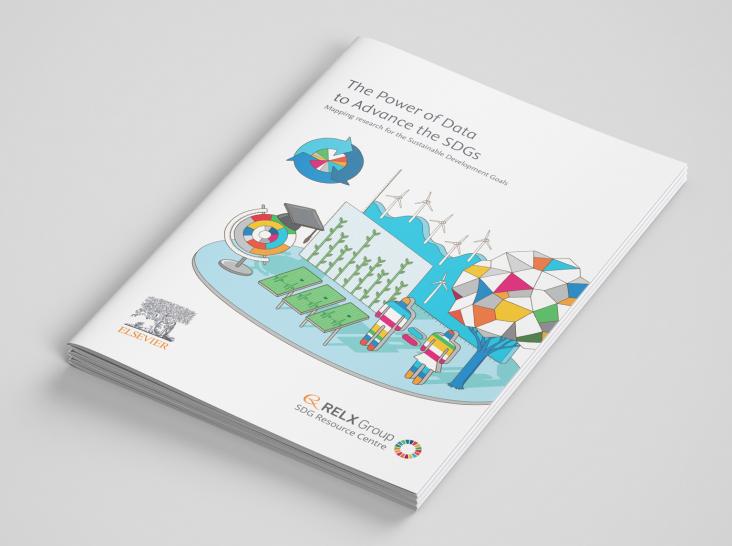Transitioning to a post-growth economy — i.e., one that doesn't depend on continued economic expansion and resource utilization (SDG 8) — is increasingly seen as necessary to address the climate crisis (SDG 13) and live sustainably within the resource limits of the planet. This One Earth Perspective Article offers policies that could address some of the challenges associated with post-growth economics (i.e., how to avoid recession).
Elsevier,
Mxene-Based Hybrid Nano-Architectures for Environmental Remediation and Sensor Applications: From Design to Applications, Micro and Nano Technologies series, 2024, Pages 113-127
This chapter aligns with Goals 12 and 13 by highlighting the importance of various MXene-based hybrid nanomaterial types in the elimination of heavy metals from wastewater.

In this episode of the "World We Want" podcast, Márcia Balisciano interviews Filip Neele, Lead Scientist at TNO in Utrecht, the Netherlands. They discuss carbon capture and storage (CCS) technology as a “key” in energy transition and its role in supporting global sustainability.
The authors evaluate shifts in water reservoirs (i.e. atmospheric versus terrestrial and underground water storage). Projections indicate water storage deficits in most Southern Hemisphere basins during the summer.

As we pass the halfway point for the SDGs, many of the goals are worryingly off track and progress on 85% of the target indicators has stalled or even reversed. Through our information, products and people, RELX remains committed to advancing the Goals. Here are some of the ways that we continue to support their achievement.

Access to information is critical in achieving the SDGs - empowering the public to make decisions, informing policy making and enabling effective implementation and monitoring. RELX businesses regularly produce and publish free to download reports and analytics that draw upon vast amounts of information and data in support of the SDGs. Explore some of the reports and tools developed to date.
This article links to the United Nations Sustainable Development Goals (SDGs) by addressing Goal 12 (Responsible Consumption and Production), highlighting the urgent need for effective management and reduction of tobacco product waste, which poses significant environmental hazards. By advocating for policies that classify tobacco waste as hazardous and emphasizing the importance of extended producer responsibility, the article underscores the necessity of holding tobacco companies accountable for their environmental impact, thereby contributing to sustainable practices and protecting marine and terrestrial ecosystems.
This study used the SBASInSAR technique to measure long time-series land subsidence in and around Ludhiana city, Punjab, India, and found that the southern, south-eastern, and south-central parts of the study area had been consistently subsiding with an accumulative average land subsidence rate of 24.7 mm/yr during the investigation period from September 2019 to July 2022, while the western and eastern parts were moderately affected, and the northern part experienced slight upliftment.
Food insecurity among Indigenous peoples in Canada is a significant public health issue, impacting all four pillars of food security: availability, access, utilization, and stability. A literature review identified 91 studies indicating that economic disadvantages, high food prices, lack of transportation, and climate change are major contributors to food insecurity. Traditional food systems are disrupted by loss of knowledge, poor food quality, and food safety concerns. Addressing these issues requires culturally specific integrated approaches to improve food availability, cost, knowledge, and quality.
This article ties to SDG3 by examining new methods to assess impact of climate change
